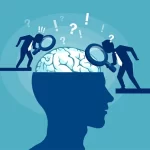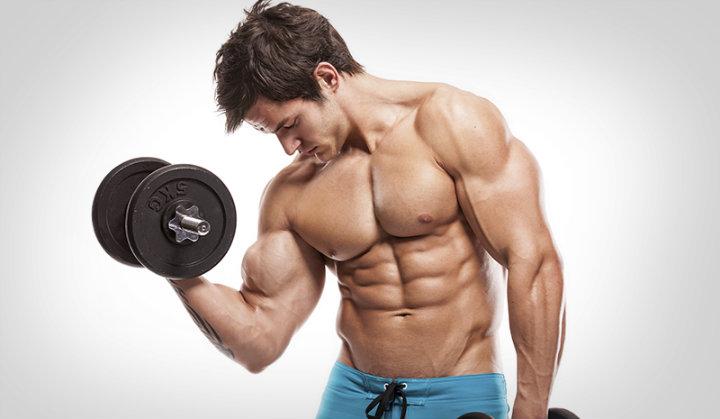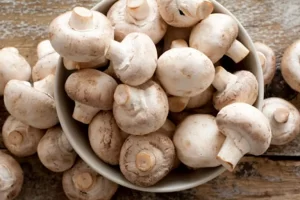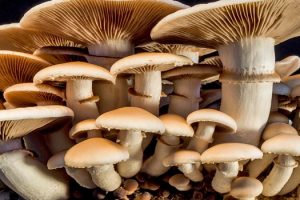During a hypertrophy workout, the body learns to use the muscles more than it is used to. On the other hand, it improves intramuscular coordination, the interaction between each muscle fibre and the rest. For example, when you do push-ups, more and more parts of your biceps and triceps will be involved as you progress.
As a result, the cross-section of the muscles develops. Of course, this is not achieved overnight, but it takes the body several weeks to master the exercise technique and movements and thus adapt. Arm yourself with patience, and hold on! In bodybuilding, being regular is vital for tremendous success.
Once the learning phase is over, the much-desired stage of muscle growth begins. After several training sessions (usually between eight and twelve), you will begin to notice that your progress slows down, and you do not gain as much strength and muscle mass. Do not despair: it is normal.
Once the muscles get used to training, the body no longer feels the need to adapt. When that time comes, you can increase the load, add repetitions or vary the speed of execution of the exercises to give a new stimulus to the body. Changing your training program will give you more diversity and allow you to keep moving forward.
sportliche Frau macht Bankdrücken mit einer Langhantel
The main factors influencing hypertrophy
There is a secret to successfully developing hypertrophy: sports routine and proper nutrition. But in addition to training and eating a diet rich in protein and carbohydrates, other factors can influence muscle development.
Genetics: the interaction between muscle fibres
Each person has two different types of muscle fibre, the proportions of which in the body depend on genetics. Red fibres (type I) are durable and resistant to fatigue but slow. They exercise, for example, with cardiovascular sports and other workouts that require muscular endurance with a high number of repetitions.
For his part, White (type II) is fast and powerful. They are activated when we lift heavy loads and do explosive strength training, such as sprints or jumping exercises. If type II predominates, muscle-building is gained more easily thanks to hypertrophy.
Hormonal balance
Each type of hormone has a different role in muscle development. The hormonal balance of each person not only depends on age and sex but also on their diet and lifestyle.
Testosterone, a male sex hormone, has an anabolic effect; it promotes muscle development. In adolescent boys and men with high testosterone levels, muscle mass develops more easily and quickly and, obviously, more than in the case of women.
Insulin is a metabolic enzyme that helps make cell walls permeable to necessary macro and micronutrients, which have the essential amino acids necessary to provide more fantastic performance during your training session.
To gain muscle mass, it is essential to carry out physical activity regularly following the guidance of the coach, in addition to taking an adequate diet to the goal to be achieved, giving preference to foods rich in protein.
It is also essential to allow time for the muscle to rest and grow because, during the exercises, the muscle fibres are injured and send a signal to the body that indicates the need for muscle recovery, and it is during this time that muscle mass is gained.
Food is also a fundamental part of gaining muscle mass since it provides the necessary nutrients to increase the diameter of the muscle fibres, guaranteeing hypertrophy.
Do each exercise slowly.
Muscle exercises should be done slowly, mainly during the muscle contraction phase, because when performing this type of movement, more fibres are injured during the activity, and the more effective will be the gain in muscle mass during the muscle recovery period. See an exercise routine to gain muscle mass.
In addition to promoting hypertrophy, the slow performance of the movement also makes the person acquire greater body awareness, avoiding compensations during exercise that make it more difficult.
Don’t stop exercising when you feel pain
When feeling pain or burning sensation during exercise, it is recommended not to stop, since at that moment the white fibers of the muscle begin to break, leading to hypertrophy during the recovery period.
However, if the pain is in a joint used to perform the activity or in another muscle that is not directly related to the exercise, it is recommended to stop or decrease the intensity of the exercise to avoid injury.

















Add Comment